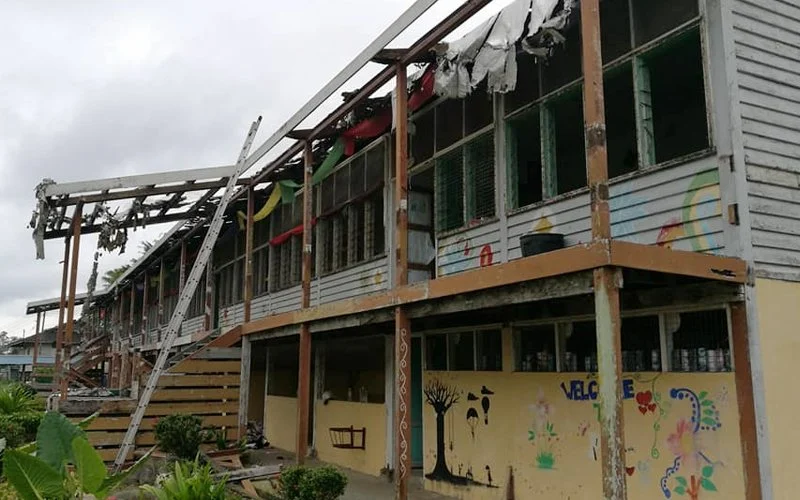
PETALING JAYA: The Malaysian Education Blueprint 2013-2025 can hardly be called a success as the education system has not met its projected goals, an educationist said.
Based on the blueprint’s timeline, Universiti Kebangsaan Malaysia’s Anuar Ahmad said the current progress and achievements appear to align more with the objectives set out for its second phase (2016-2020) rather than the third (2021-2025).
Anuar told FMT: “For example, the plan aimed to eradicate dilapidated schools by 2016. But if we look at the situation today, the issue remains a critical concern in our education system.
“There are still many dilapidated schools, to the extent that the government had to allocate another RM1 billion solely to resolve the issue.”
He was commenting following the education ministry’s claim last week that the blueprint has been successfully implemented over 10 years since 2013.
Anuar acknowledged that the blueprint has seen some successes and that several goals have been achieved, but maintained that these were “not extraordinary”.
In July, Prime Minister Anwar Ibrahim announced an additional allocation of RM1.4 billion to repair dilapidated schools in the country. This was on top of the RM920 million allocated to upgrade 380 dilapidated schools, particularly in East Malaysia.
Anuar pointed out that the blueprint had set a goal for Malaysia to be in the top one-third of nations in global assessments, such as the Programme for International Student Assessment (Pisa) and Trends in International Mathematics and Science Study (Timss), in 15 years.
However, as of 2021, the country remains rooted in the bottom third of both assessments.
“With two years left, this will be challenging. Moreover, we haven’t planned any enhancements or introduced new programmes to work towards that. But if we extend the timeframe to 2030, perhaps we still have room and time to improve our ranking in PISA and Timss.”
Meanwhile, the Parent Action Group for Education (PAGE) said the blueprint was a “robust, practical and ambitious document” that has emphasised the importance of the English language, and made more parents aware of how it can help children go further in life.
“However, despite the initial momentum, the implementation of the blueprint has stalled with pushback from schools and education ministry administrators on accountability measures,” said PAGE chairman Noor Azimah Abdul Rahim.
For example, Azimah said the dual language programme (DLP) took off in 2016 under the blueprint, but that “school leaders” had made the opening of more classes unnecessarily tough.
Reiterating that PAGE’s interest was students’ proficiency in English, she urged the ministry to increase the number of DLP classes available, suggesting that such classes be offered in every school.
“There should be further support for schools unable to apply for the DLP merely because they are unable to meet the national average for Bahasa Malaysia. In an already BM-centric environment, why these schools are still not achieving the national average for BM should be investigated and they should be assisted,” she said. - FMT



No comments:
Post a Comment
Note: Only a member of this blog may post a comment.